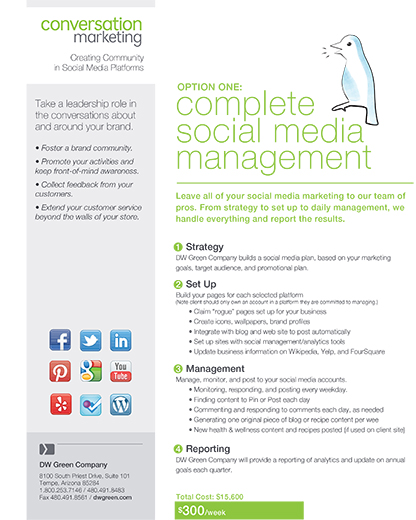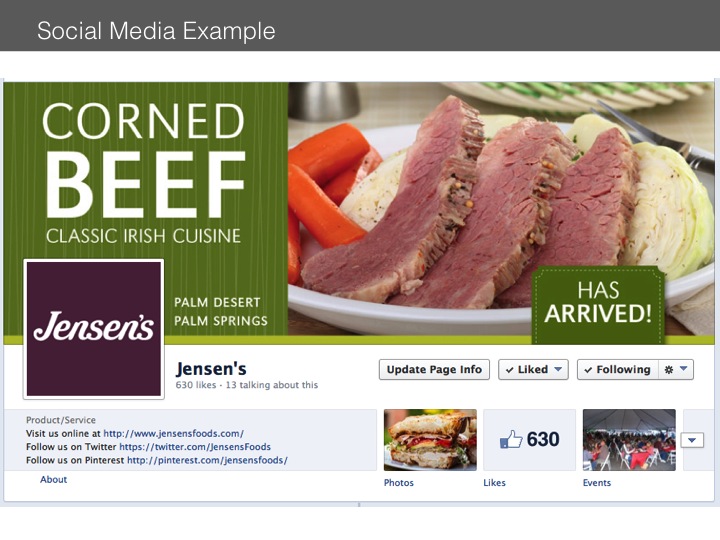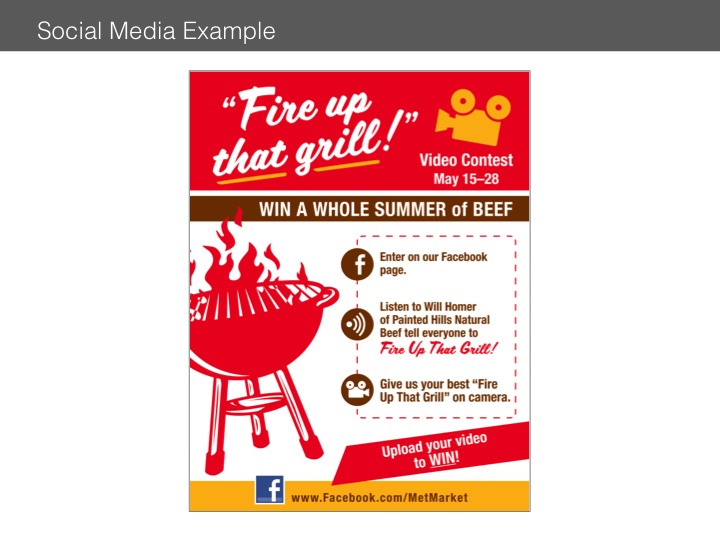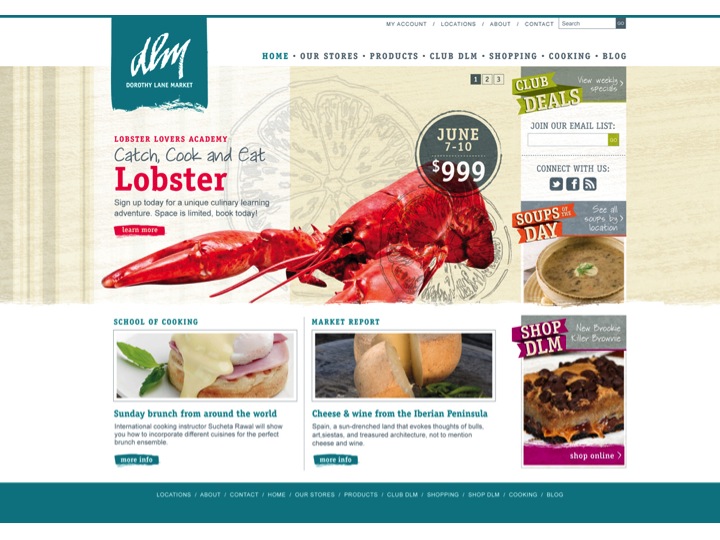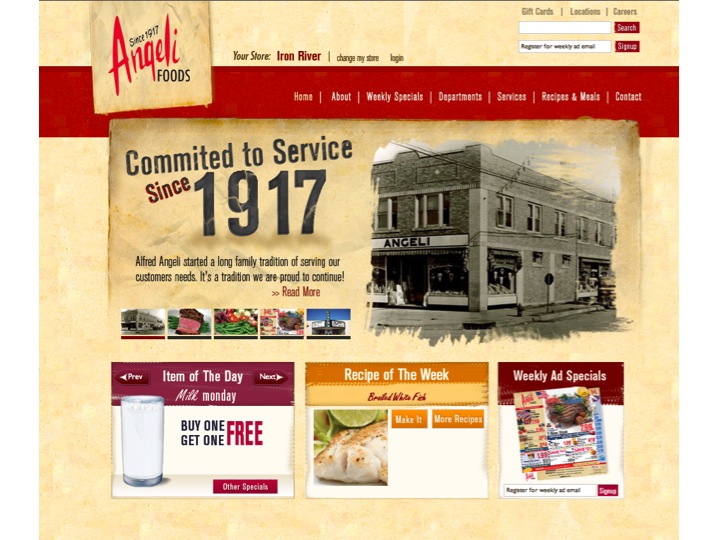DW's Blog
A Management Checklist: 10 Essentials for Exceptional Customer Service
by DW Green — November 12, 2015
Creating a store culture of exceptional customer service requires a strong commitment to service at all levels of the company, beginning at the top. It requires executives to think about marketing and operational processes in new ways. In order to be truly effective, however, the store environment must be one in which management integrates and demonstrates exceptional customer service.
Executives who direct employees to provide exceptional customer service without changing their own behavior or making operational changes to support high service standards are doomed to failure. Worse yet, if the company begins marketing an exceptional service program but doesn’t deliver on the promise, it can seriously damage the store’s reputation and undermine customer loyalty.
Rather, management must focus on taking steps, large and small, to nurture the philosophy of exceptional customer service in all aspects of the business so it becomes deeply rooted in the company culture. The best way to begin is “practice what you preach.”
Success comes fastest to those managers who serve as role models for exceptional customer service—those who, through words and actions, strive to meet the highest service standards in day-to-day operations, promotions, and employee and customer interactions. When management begins living exceptional customer service, operational and marketing processes can be more effectively adjusted to support a cohesive program.
The checklist below will help you asses whether or not your management strategies are on track for creating a store culture of exceptional customer service. Review the “10 Essentials” and ask yourself if your company encourages similar practices and principles. If you are the rare manager who can answer yes to all 10, congratulations! You have clearly set the stage for exceptional service and are well on your way to developing loyal, long-term customer relationships. For the more typical manager with some no answers, consider these opportunities for improvement—a chance to fine-tune your management strategies and maximize your customer service efforts.
- Executives personally and regularly serve customers.
When corporate executives regularly take part in serving the customer, they are doing more than simply helping to cement a relationship with the folks who pay the bills. The less obvious benefit is that by personally serving customers, executives who are the “visible standard” communicate that serving others is honorable and that customer service is the focus of corporate energy. - A visible customer feedback system gives immediate feedback to both employees and customers.
Highly visible feedback systems communicate to the customer not only that she can be heard, but also that the company actively solicits customer input. To be effective, feedback systems must get data immediately into the hands of the involved employees so the mental connection between behavior and consequence can be made. It is equally important to respond to the customer for taking the time to give input and to say in no uncertain terms that the company cares. - Stories about outstanding customer service are regular features of company communications and meetings.
Customer service guru Ken Blanchard talks about “legendary service.” Legends are stories told over and over about brave and wonderful deeds. It is in the telling of stories that heroes are made. Telling service stories turns ordinary clerks into heroes. Building heroes encourages future service excellence. - Service training gets equal importance with technical and procedural training.
Getting it right technically almost doesn’t count if the customer also receives a poor perception of commitment to a continued relationship. Training that focuses solely on the technical, procedural aspects of the business is only half done. - Employees from entry level up are highly empowered to make service decisions.
It is of little value to talk service unless employees are also empowered to deliver exceptional service and rewarded for it. - Event selling is a key marketing tactic.
Mass marketing techniques take on added significance when they are supplemented by event marketing. Event marketing can be done on a grand scale, or it can be a one-on-one opportunity to deliver exceptional customer service. - Failure is relevant.
If you are not failing at least occasionally, you probably aren’t growing. First mistakes are free. Exceptional customer service involves an element of risk. Managers who are punished for straying beyond, “That’s the way it has always been done,” are not likely to try new, possibly dynamite ideas. - Compensation is directly linked to contribution.
Companies in which innovation is not rewarded, in which longevity without contribution is prized, are not likely to make any moves that would make them either outstanding or simply stand out. Compensation tied to contribution is a powerful personal incentive. - Change is regarded as important, and challenging tradition is considered praiseworthy.
Success requires at least some internal friction. As long as those holding on to traditions of quality and service allow at least some freedom for creative marketing, corporate values will not be lost. Rather, they will evolve and survive. Encouraging new ideas lays the foundation for more effectively differentiating a store from its competitors. - Customers “play” with clerks and managers.
The most capable practitioners of exceptional customer service are constantly inviting others to “play.” Play is another word for involvement. It is the company that involves the customer in every way, and creates solid relationships, that will thrive over the long term.
Exceptional customer service is essential to sustaining business success. When management leads by example and provides employees with effective tools and incentives, a company culture of exceptional customer service will take root, customer relationships will grow, and your company will thrive.
Filed Under: DW's Blog




